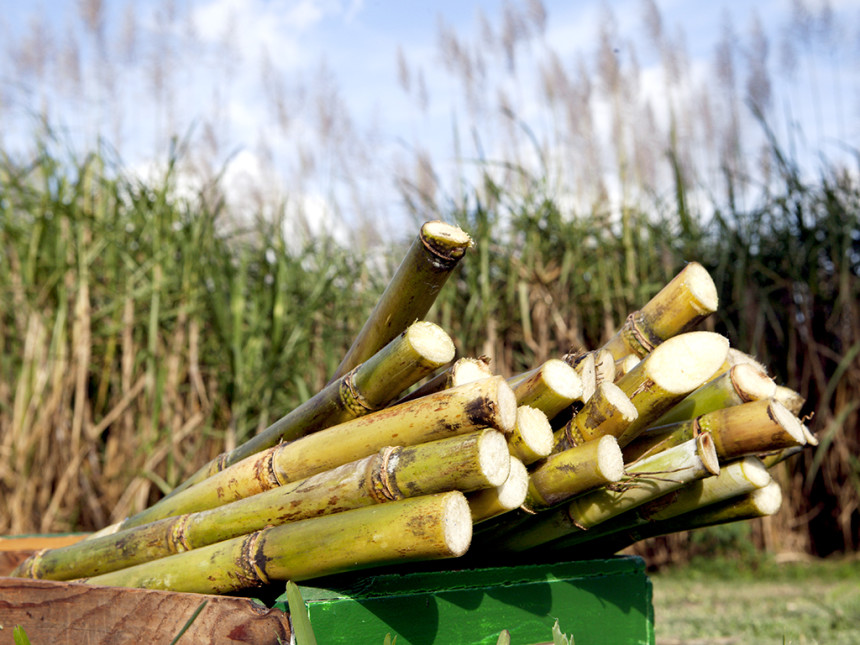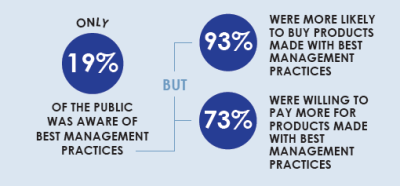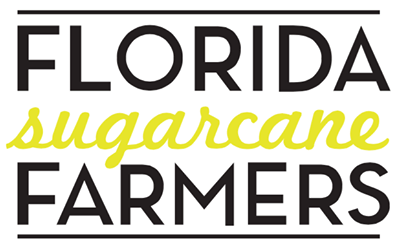
After successful efforts improving their impact on the environment, Florida sugar cane farmers turned to the Center for Public Issues Education’s research to share the good news online.
Growers started a Facebook page in September and posted results from the PIE Center’s research exploring public and policymaker perceptions of agricultural water use as the page’s first post.

 According to Barbara Miedema, vice president of public affairs and communications for the Sugar Cane Growers Cooperative of Florida, the industry group conducted several interviews and focus groups before starting the Facebook page to evaluate the messaging and creative materials.
According to Barbara Miedema, vice president of public affairs and communications for the Sugar Cane Growers Cooperative of Florida, the industry group conducted several interviews and focus groups before starting the Facebook page to evaluate the messaging and creative materials.
“One of the things we learned was that by using third-party information, our messages were viewed as more credible and believable,” she said. “That leads me to believe that the work the PIE Center is doing is important to the agricultural industry.”
The post featuring the PIE Center’s research gathered 26 likes and 14 shares, and the sugar cane growers’ page now boasts more than 21,000 fans. Miedema said communicators develop material to post on various social media outlets and utilize broadcast and cable TV to educate the public on the industry’s success implementing best management practices, or strategies to protect water resources.
The cooperative supports its grower-members through water quality monitoring assistance. Miedema said that last year, sugar cane farmers decreased the amount of phosphorus runoff by 79 percent, while state law requires only a 25 percent reduction. This feat was accomplished by focusing on best management practices, she said.
“We have a 20-year history with an average reduction of 56 percent,” Miedema said.
According to Miedema, the regulatory agency that inspects and observes sugar cane farms approved a resolution in August praising the farmers’ accomplishments.
The Sugar Cane Growers Cooperative of Florida, located in Belle Glade, was formed in 1960 and is made up of 45 small- to medium-size family sugar cane farms. Grower-members of the cooperative harvest, transport and process their sugar cane and sell the raw sugar to a co-owned sugar refinery.
“Our members grow sugar cane on approximately 70,000 acres of land and produce 3.5 million tons of sugar cane, yielding about 375,000 tons of raw sugar each year,” Miedema said.
For more information, visit the campaign’s Facebook page at www.facebook.com/Flsugarcanefarmers, or the cooperative’s website at www.scgc.org.

















